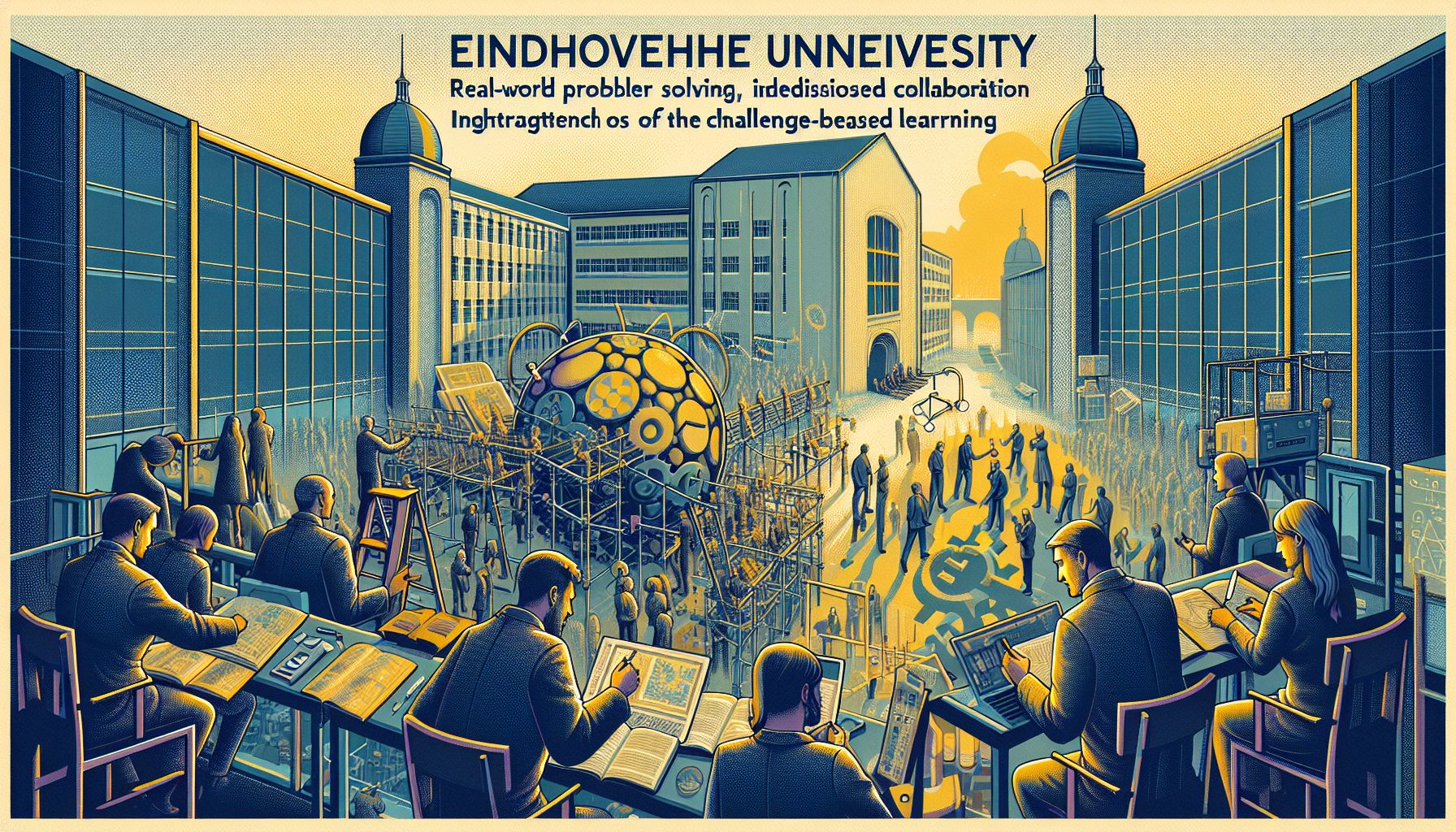Eindhoven University's Innovative Educational Model

Eindhoven, Thursday, 6 February 2025.
Eindhoven University of Technology is pioneering challenge-based learning that emphasizes real-world problem solving, promoting innovation and interdisciplinary collaboration, and enhancing the university’s educational approach.
Major Educational Transformation Ahead
Eindhoven University of Technology (TU/e) is set to implement a groundbreaking educational reform with the launch of Bachelor College 2.0 in September 2025 [1]. This significant transformation will integrate Challenge-Based Learning (CBL) across all curricula, marking a fundamental shift in how engineering education is delivered [1]. According to Miguel Bruns, an associate professor at Industrial Design and CBL pioneer, this change reflects a deeper transformation in educational goals, where students will be attracted not just by specific degree programs but by their desire to solve real-world problems [1].
Building Momentum Through Faculty Engagement
The transition to CBL is already gaining traction among TU/e’s faculty, with approximately one-third of teachers currently prepared for the new teaching approach [1]. The implementation strategy allows for flexibility, with departments able to integrate CBL in varying proportions, ranging from 20 to 80 percent of their curriculum [1]. This adaptable approach acknowledges that certain disciplines, particularly in fundamental subjects like mathematics and physics, may require a more traditional teaching methodology [1].
International Recognition and Collaboration
The university’s commitment to CBL will be showcased at the International CBL Conference scheduled for April 7-8, 2025, on the TU/e Campus [2]. This event will feature prominent speakers including Naomie Verstraeten from Brainport Development and experts from various industries, demonstrating the university’s role in bridging academic innovation with practical application [3]. The conference will explore how CBL contributes to building resilient, forward-thinking ecosystems in education and industry [3].
Supporting Infrastructure and Future Vision
To facilitate this educational transformation, TU/e is actively expanding its support structure. The university has introduced new roles such as boundary spanners, who work to connect students, researchers, and industry partners [4]. This initiative is part of TU/e’s Strategy 2030, focusing on talent development through experiential learning [1]. The university has also developed a CBL Teaching Toolkit to support educators in implementing this innovative teaching approach [1].

